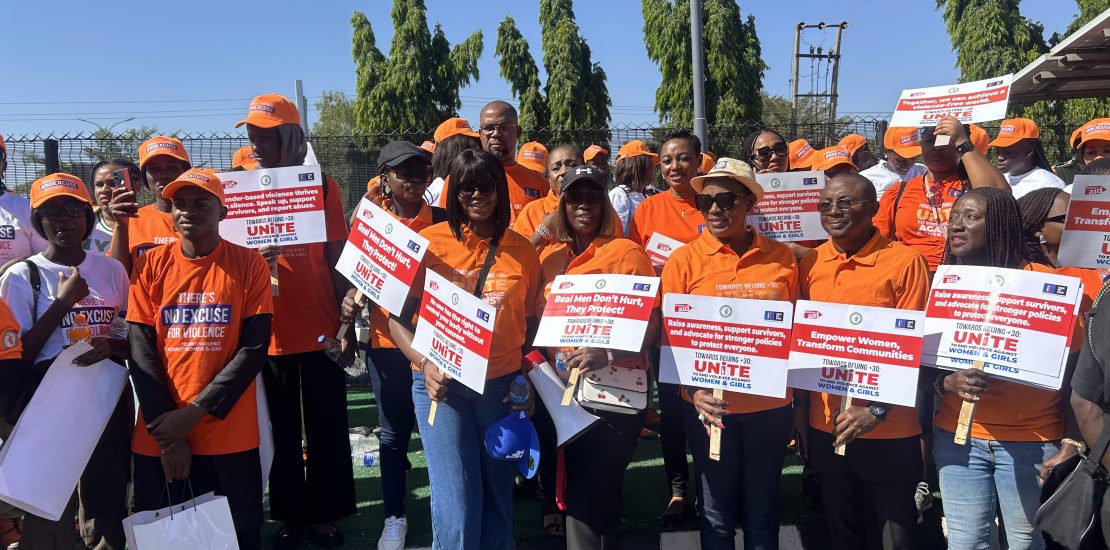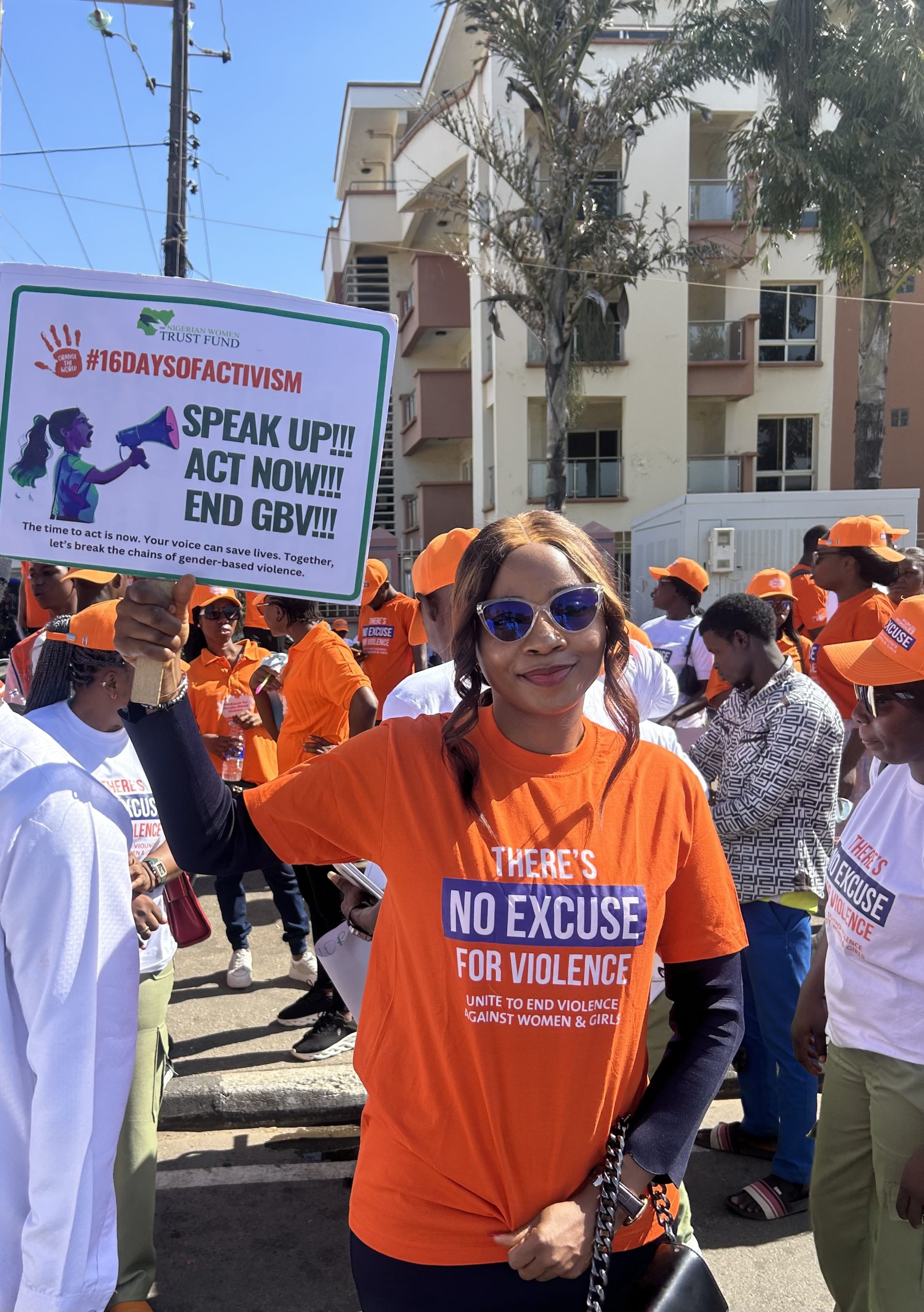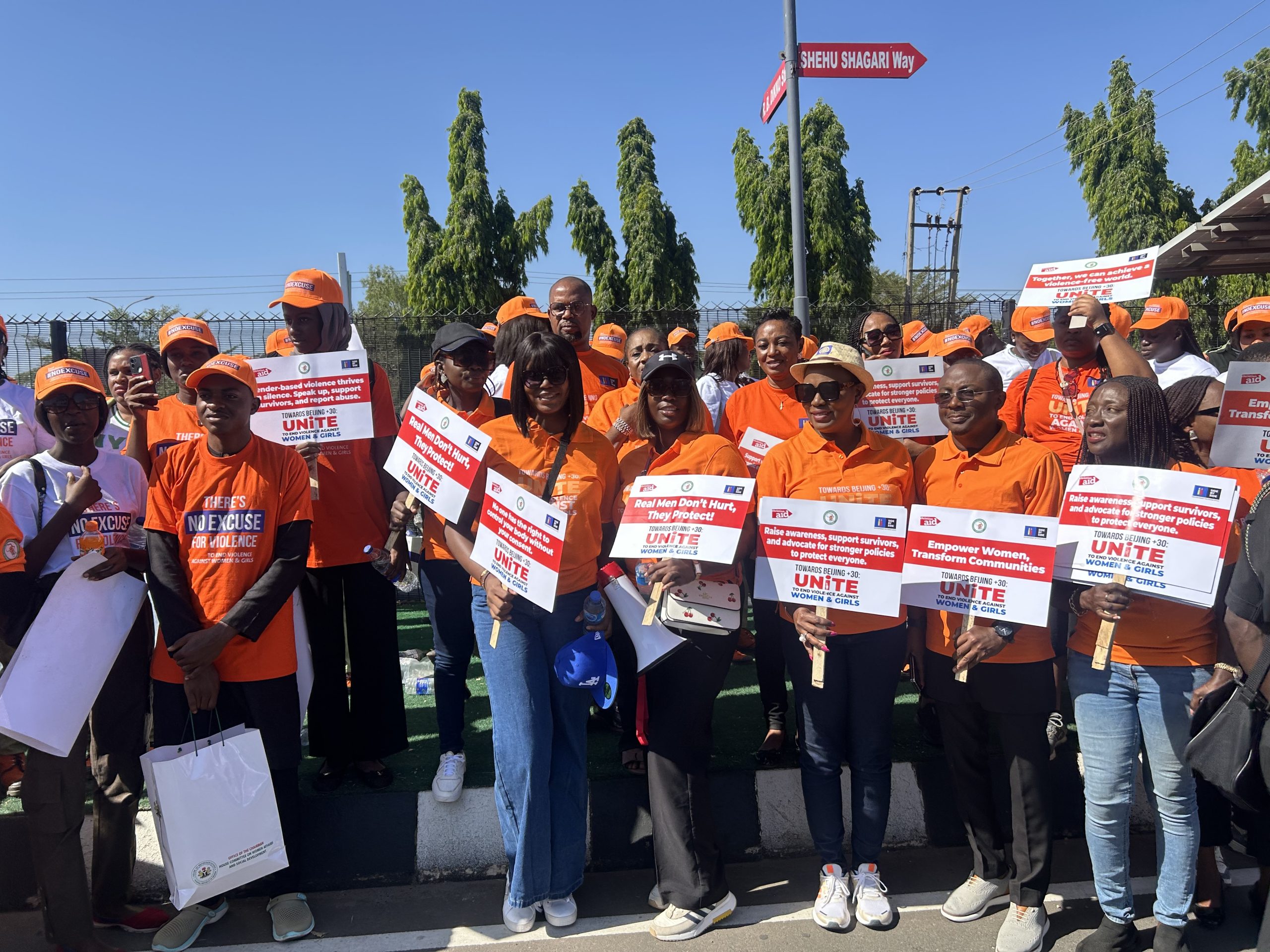Every Hour Counts: Invest to End Violence Against Women
- November 25, 2024
- Posted by: Hub Admin
- Categories: Article, Human Rights, Latest News & Events

By Tine Bello
Women’s voices echo loudly, yet the question remains: Is anyone truly listening? Despite the existence of laws to protect women, their implementation is often weak, and their effectiveness as a deterrent is questionable. Patriarchy continues to dominate societies, pushing women regardless of their knowledge, skills, or qualifications to the margins. Many live as shadows of their true selves, suffering and, in the worst cases, dying at the hands of those they trust the most. Reduced to traditional roles and dismissed from decision-making spaces, women face a grim reality of systemic violence.
Every day, countless women and girls worldwide endure violence in its many forms physical, sexual, psychological, and structural. These acts, rooted in systemic inequalities and patriarchal norms, highlight a global epidemic of injustice. As we mark the International Day for the Elimination of Violence Against Women on November 25, 2024, this year’s theme, “UNiTE to End Violence against Women: Every 10 Minutes, a woman is killed. #NoExcuse,” calls on governments, organisations, and individuals to prioritise investments in prevention, advocacy, and accountability.

For Nigerian women, this call to action is especially urgent. Violence against women has persisted for as far back as we know, entrenched in societal structures that treat women as second-class citizens. While progress has been made in enacting laws and policies, their enforcement remains weak, and a culture of impunity emboldens perpetrators. The Nigerian context mirrors the global prevalence of gender-based violence, with localised challenges that require urgent attention. Women and girls are unsafe in their homes, workplaces, online, schools, and even on the streets. Cyber harassment and stalking have become increasingly common, particularly among Generation Z and Millennials.
Globally, an estimated 736 million women nearly one in three have experienced physical or sexual violence, often by intimate partners. Alarmingly, every hour, more than five women or girls are killed by a family member, and 140 women die each day from femicide. These numbers reflect a chilling reality: violence against women and girls remains one of the most pervasive and underreported human rights violations. In Nigeria, the situation is no less dire, with one in four adolescent girls reporting violence. In humanitarian crises such as armed conflicts or climate-induced disasters risks are even greater, with 70% of women in conflict zones experiencing gender-based violence, often exacerbated by conflict, displacement, and food insecurity.
The 2024 campaign emphasises investment in prevention as a cornerstone of ending violence against women and girls. Shockingly, only 5% of global aid addresses gender-based violence, and less than 0.2% is allocated to prevention efforts. This lack of funding in Nigeria results in limited access to safe shelters, psychosocial support, and legal aid services. Addressing these gaps requires governments and stakeholders to prioritise funding and resources for prevention programs, survivor support, and the enforcement of existing laws.
The stories of Nigerian women must be at the forefront of this movement. Survivors deserve platforms to share their experiences and advocate for change. Social media campaigns will play a crucial role in breaking the silence and demanding accountability from decision-makers. Ending violence requires more than words or laws; it demands tangible action. Governments must move beyond rhetoric, implementing robust strategies that include funding women’s rights organisations, training law enforcement, and enforcing laws with zero tolerance for impunity.

The question remains: When will the violence stop? Countless conversations have been held, laws enacted, and policies drafted, yet violence persists. I have faced some form of violence simply because of my gender, and the harrowing experiences of violence against women shared by friends and acquaintances paint an even grimmer picture. Women continue to ask: Who among us is safe and when will this violence finally cease? Every woman deserves to live free from fear and oppression. Addressing systemic inequalities, holding perpetrators accountable, and supporting survivors are moral imperatives and critical steps toward building a just and equitable society.
The promise of the Sustainable Development Goals (SDGs) to “leave no one behind” cannot be fulfilled without ending violence against women and girls. As crises of conflict, climate change, and economic inequality worsen, urgent action is needed to protect the most vulnerable. For Nigeria to thrive, it must empower its women and girls by investing in their safety, dignity, and potential.
As the world observes the 16 Days of Activism (November 25), culminating on International Human Rights Day (December 10) , we are reminded that the right to live free from violence is fundamental to equality and sustainable development. For Nigeria to thrive, it must invest in its women and girls’ safety, dignity, and potential. Ending violence against women is not just about justice, it is about building a society where every individual can thrive. We can create a future of justice, peace, and equality for all.
